|
Today in The Conversation Canada, a story that may surprise you: pediatricians are fielding an increasing number of requests from parents for medical cannabis for children, to treat a growing list of symptoms. While there are a handful of conditions in which evidence has shown benefit from cannabis treatment, in some cases the use of medical cannabis in children may be outpacing the evidence, and researchers are trying to catch up. Dr. Michelle Ward, a pediatrician at Children’s Hospital of Eastern Ontario and a global journalism fellow at the University of Toronto, reports on how doctors are navigating the risks and benefits.
Also today:
Regards,
|

There are only a handful of conditions in which evidence supports the use of medical cannabis in children.
(Shutterstock)
Michelle Ward, L’Université d’Ottawa/University of Ottawa
Pediatricians say they are getting increasing requests from parents for medical cannabis for kids for a growing list of conditions.
|

Sidewalk Labs had planned to develop the Toronto Port Lands, seen here in June 2019.
THE CANADIAN PRESS/Andrew Lahodynskyj
Blayne Haggart, Brock University; Natasha Tusikov, York University, Canada
The economic impact of the coronavirus pandemic has caused Sidewalk Labs, a Google affiliate, to withdraw from the Toronto waterfront development partnership.
|
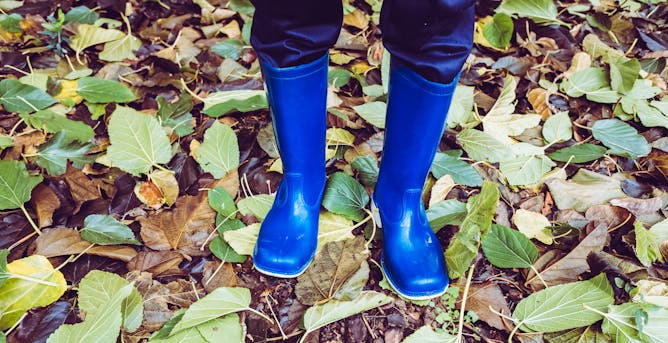
Scotland is making strides in improving its population’s social and physical well-being — by taking children’s early learning and care outside.
(Shutterstock)
Michal Perlman, University of Toronto; Catherine Bergeron, McGill University; Nina Howe, Concordia University
Scotland is undertaking a child-care initiative to double the number of fully funded child-care hours available to parents, and outdoor play is part of it.
|

Working from home isn’t an option for low-income employees and primarily benefits those who make more money — and save more money as a result.
(Alizee Baudez/Unsplash)
Georges A. Tanguay, Université du Québec à Montréal (UQAM); Ugo Lachapelle, Université du Québec à Montréal (UQAM)
The higher a person's salary, the most likely they are to be able to work from home; it's not an option for most low-income workers. Here's what governments can do to help encourage more remote work.
|
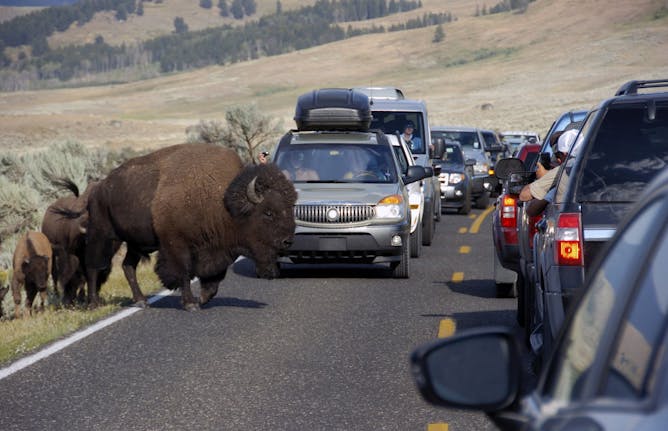
Animals in national parks are sometimes harassed by tourists.
(AP Photo/Matthew Brown)
James Stinson, York University, Canada; Elizabeth (Libby) Lunstrum, Boise State University
With national parks closed in many parts of North America, now is the time to rethink how we protect natural areas.
|
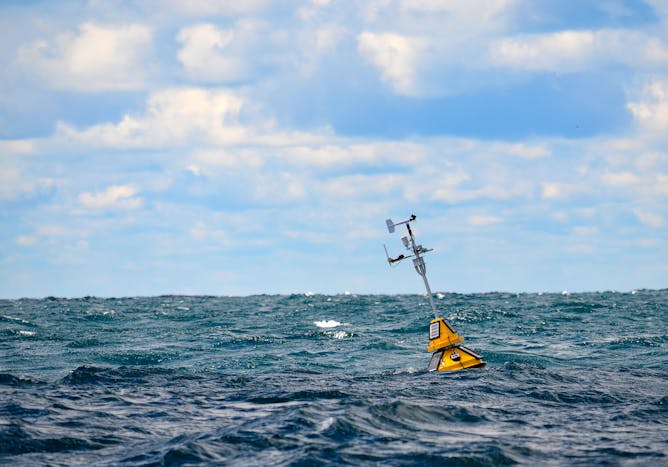
A weather buoy floats in Lake Michigan.
(Shutterstock)
Marta Moreno Ibáñez, Université du Québec à Montréal (UQAM)
The COVID-19 pandemic hasn't just disrupted our lives. It has also challenged the way we forecast the weather.
|
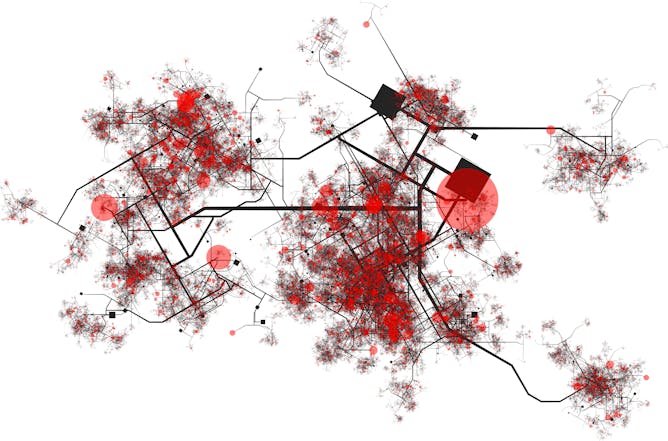
Tracing apps will rely on smart devices to log movement and contact as a way of containing the coronavirus pandemic.
(Shutterstock)
Aaron Mauro, Brock University
Contact tracing is being touted as essential to controlling the spread of COVID-19, but it comes with alarming concerns related to our rights to privacy.
|
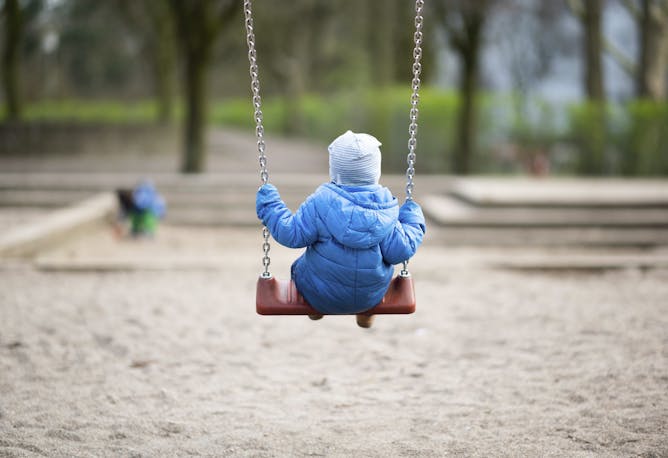
Un jeune enfant dans un parc, à Hambourg, en Allemagne, le 17 mars. Les éducatrices qui prennent soin des petits durant la pandémie ne bénéficient pas de la reconnaissance des autres travailleurs essentiels.
Daniel Reinhardt/dpa via AP
Sophie Mathieu, Université de Montréal
Les services de garde sont essentiels au point de demeurer ouverts pendant la pandémie, mais les personnes sur la ligne de front ne bénéficient que de très peu de reconnaissance, notamment salariale.
|